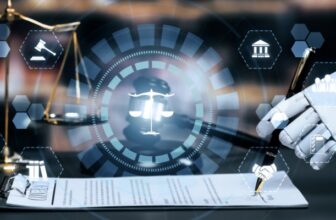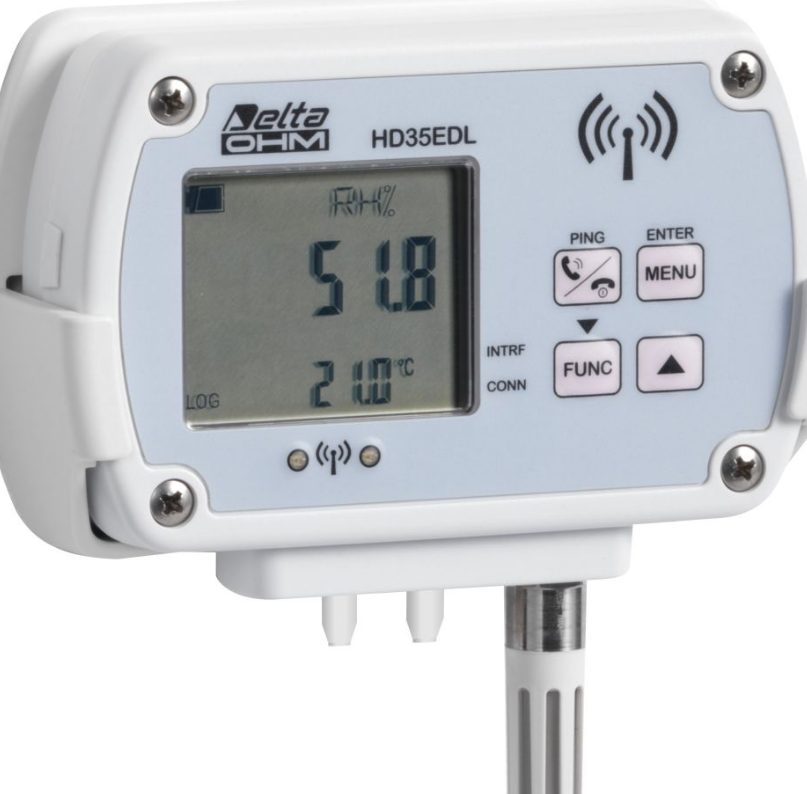
Small electronic devices that use sensors or probes to monitor and record various environmental conditions go by a few different names. They are variously called data loggers, data recorders or digital data loggers. Machines known by the last of these terms, digital data loggers, offer accurate readings that are used in many different industries. In this article, we will take a quick look at what these devices do and the many benefits of using them.
Table of Contents
What is A Data Logger?
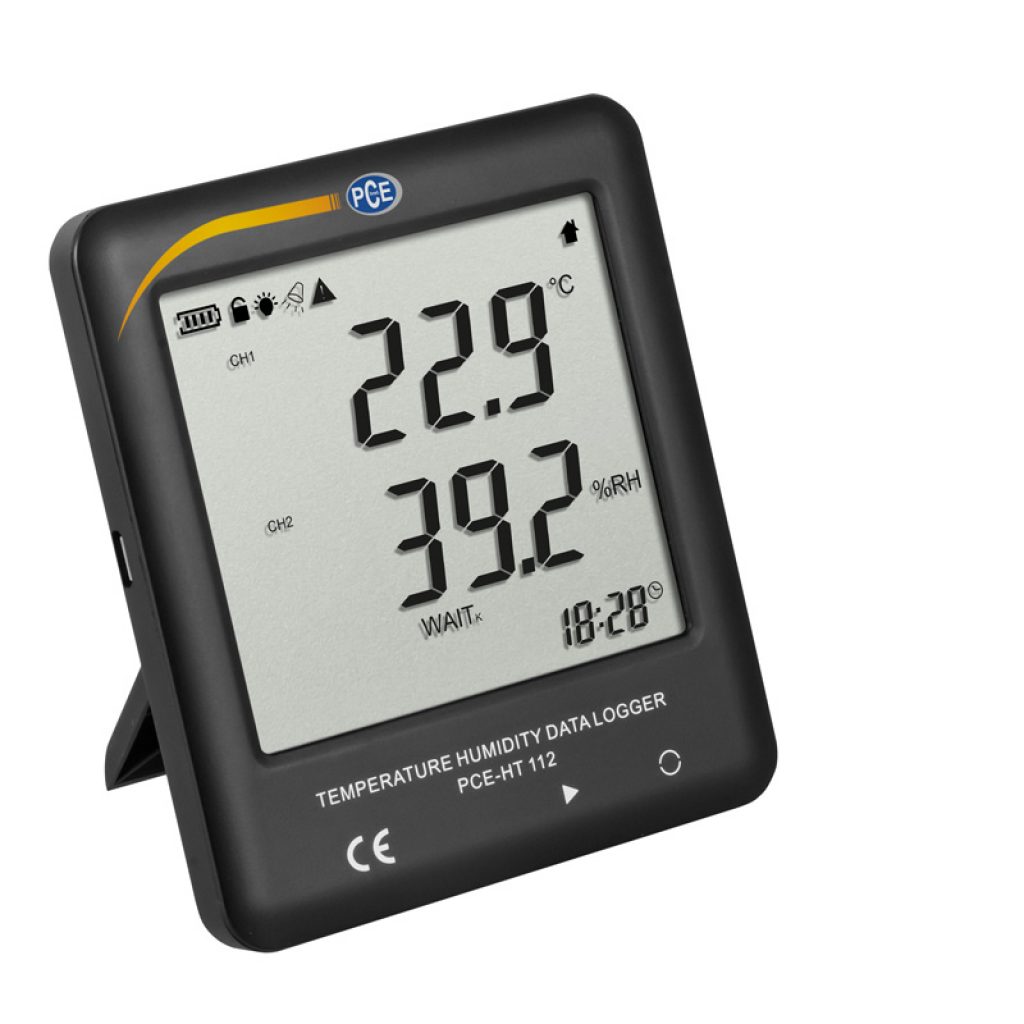
Source: pce-instruments
Digital data loggers are portable, battery-operated electronic measuring devices. They can track and record various conditions ranging from temperature and humidity to pressure, and voltage. They collect this information through built-in sensors or externally attached probes. The data is stored on an onboard microprocessor that can be accessed either through a direct connection to a desktop or laptop computer or remotely to a smartphone, tablet, or computer via wifi.
With a companion software program, the information collected by the digital data logger can be analyzed. The information can be interpreted in many formats including charts and graphs producing visual representations of the conditions being tracked. With this data, compliance with strictly regulated conditions can be verified. Plus, when measurements show that temperature, humidity, pressure, or voltage slips out of a pre-determined zone, the charts and graphs indicate this. When the conditions alter enough to warrant attention, the digital data logger will send alerts to instigate human intervention. Need to find out more? Dickson’s detailed guide to how data loggers work is a good starting point.
Types of Data Loggers
Each data logger is designed and manufactured to monitor a specific environmental condition. Some digital data loggers measure a combination of conditions. Here is a brief outline of the most common types of data recorders:
Temperature Data Loggers
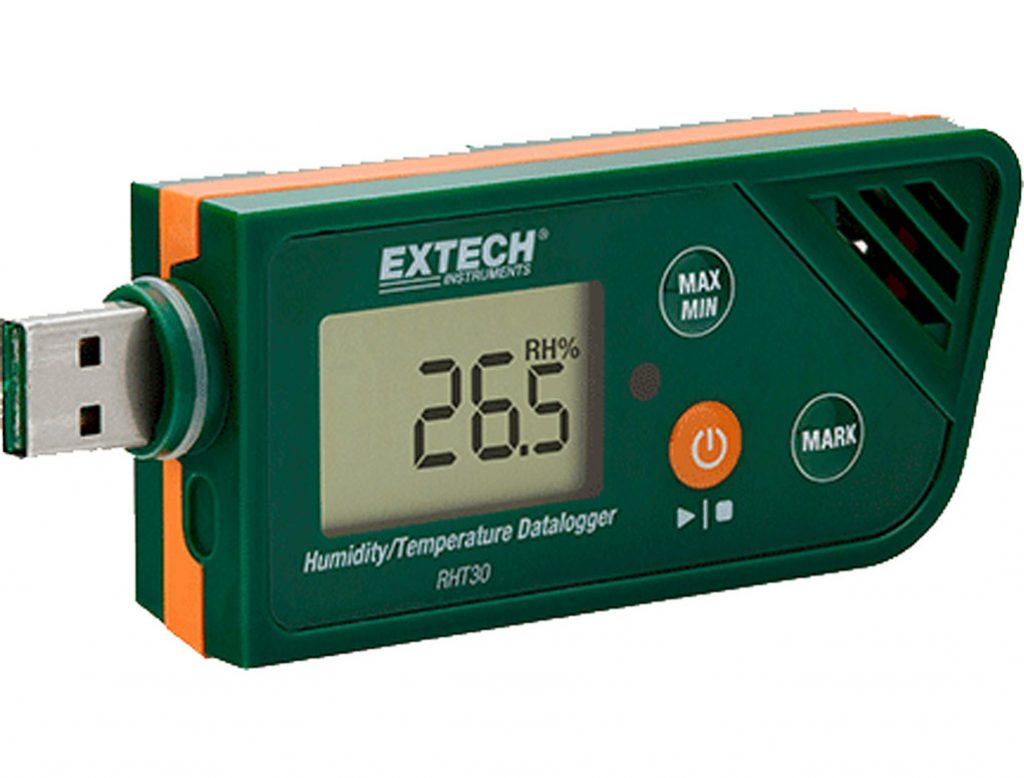
Source: mrclab
This type of data logger is usually used to monitor temperature-sensitive assets such as medical supplies, vaccines, organs, and blood. A temperature data logger is often used in workplaces where temperature values must be controlled. They are also effective when used in cold chains.
Pressure Data Loggers
A pressure data logger measures load, pressure, or absolute pressure of liquids or gases. They can also be used to track such things as gas or fluid flow, speed, altitude, and water levels. This type of digital data logger is frequently used in aerospace during the manufacture of airplanes and aircraft parts.
Humidity Data Loggers
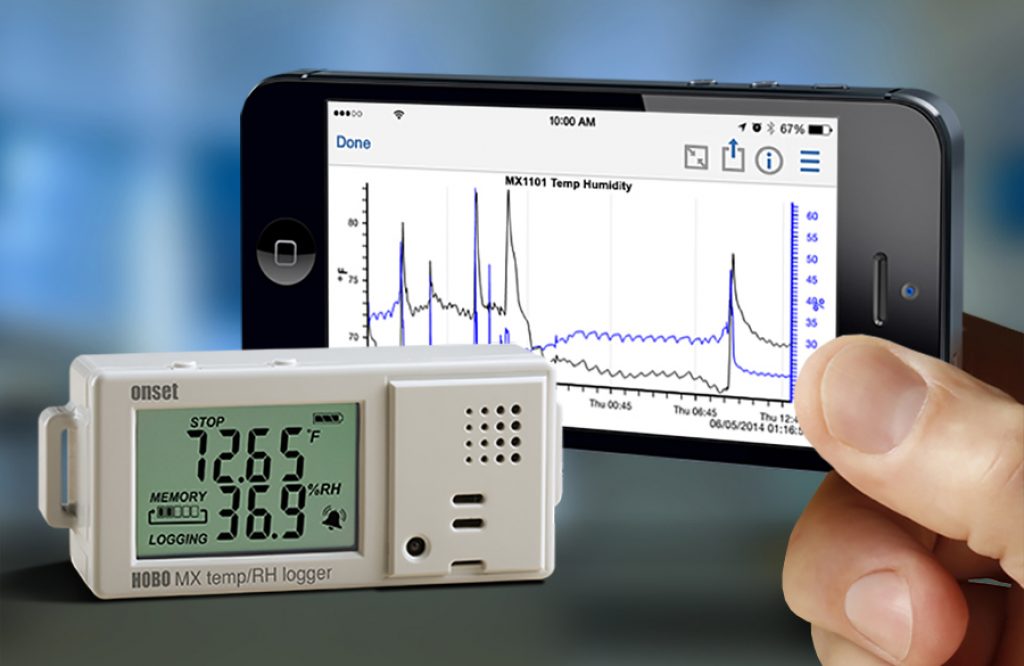
Source: concreteconstruction
Humidity data loggers are often combined with temperature data loggers. These devices are used to measure conditions in temperature-sensitive environments such as warehouses, greenhouses, and calibration rooms. A humidity data logger is also effective when used in laboratory or testing center settings.
Voltage Data Logger
A voltage and current digital data loggers are used to measure the voltage and current that flows out of a piece of equipment. An example of use is monitoring the current in wind turbines. Since these data loggers measure energy consumption, they are effective in identifying when energy is not being used correctly.
Benefits of Data Loggers
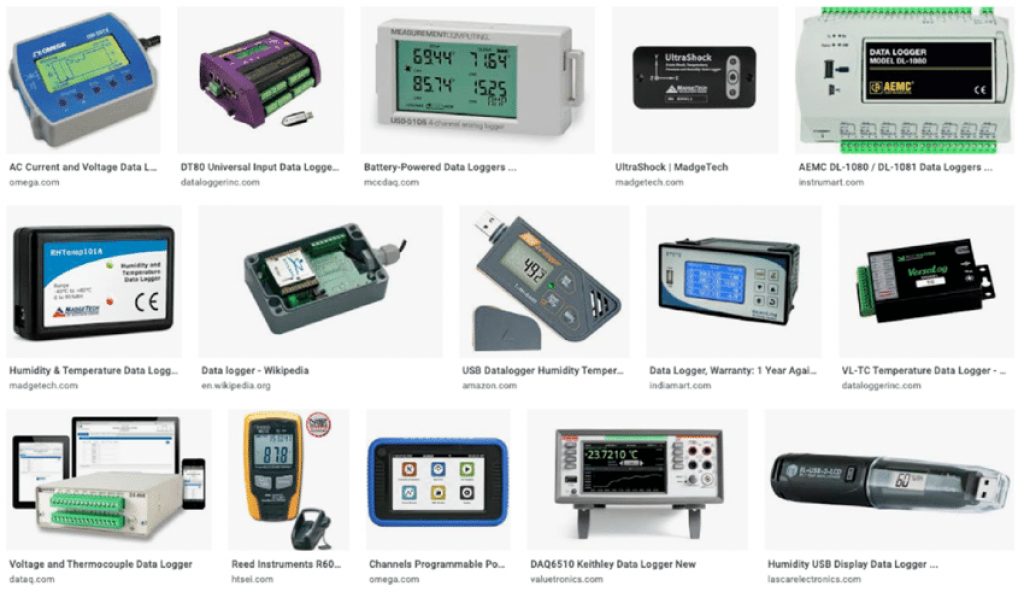
Source: researchgate
Data loggers provide many different benefits aside from being easy to use and far more accurate than analog monitoring devices. Here are just a few of the main advantages attributed to the use of data loggers for monitoring environmental conditions:
1 Asset Protection
Probably one of the most important benefits of using digital data loggers to monitor environmental conditions is how they can protect sensitive assets. For items that require cold storage, a data logger will keep track of the temperature, and should it get too warm or too cold, an alert system is activated. Should an alert be required, the data logger sends it directly to key personnel who will then respond promptly to correct the issue before damage can occur to the temperature-sensitive products being monitored.
2 Regulatory Compliance
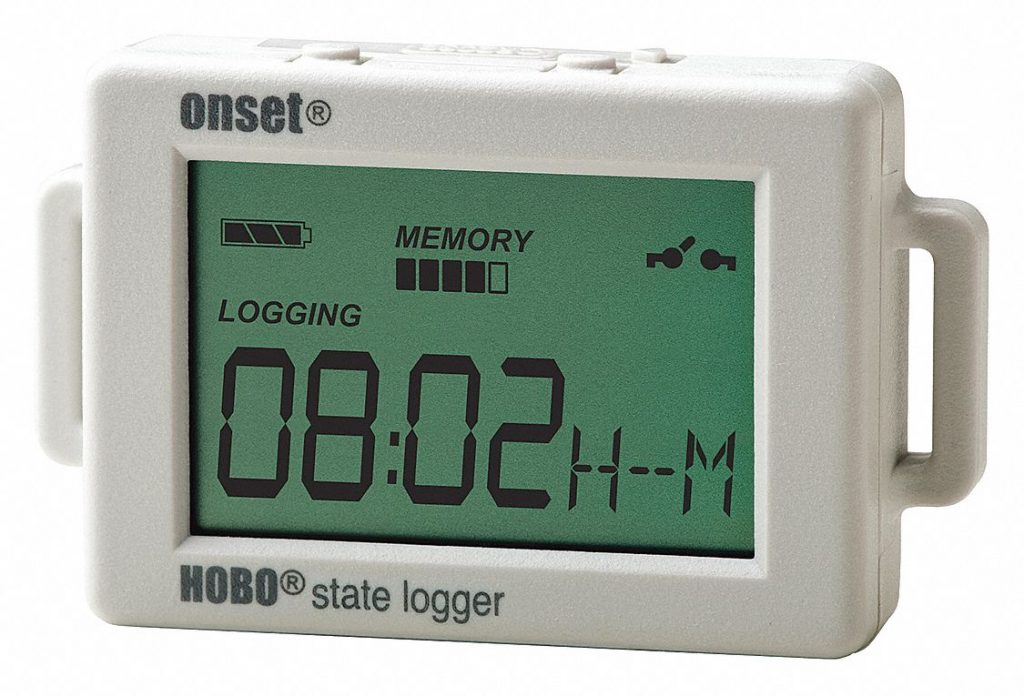
Source: grainger
In some settings a data logger provides proof that specific regulatory guidelines related to temperature, humidity, pressure, or voltage have stayed within compliant ranges. In some industries, such as aerospace, these guidelines are extremely strict and a data logger provides the most accurate proof of compliance.
3 Data Tracking
Because a microprocessor is built into each data logger, a place exists for a specific number of the measurements being collected to remain on the memory of that microprocessor. This allows stored data to be downloaded and analyzed. Using this long-term continuous measurement-taking process a data logger can track and process environmental conditions. The data can show when and if something is not right in the conditions being monitored.
The Amount Of Data Stored
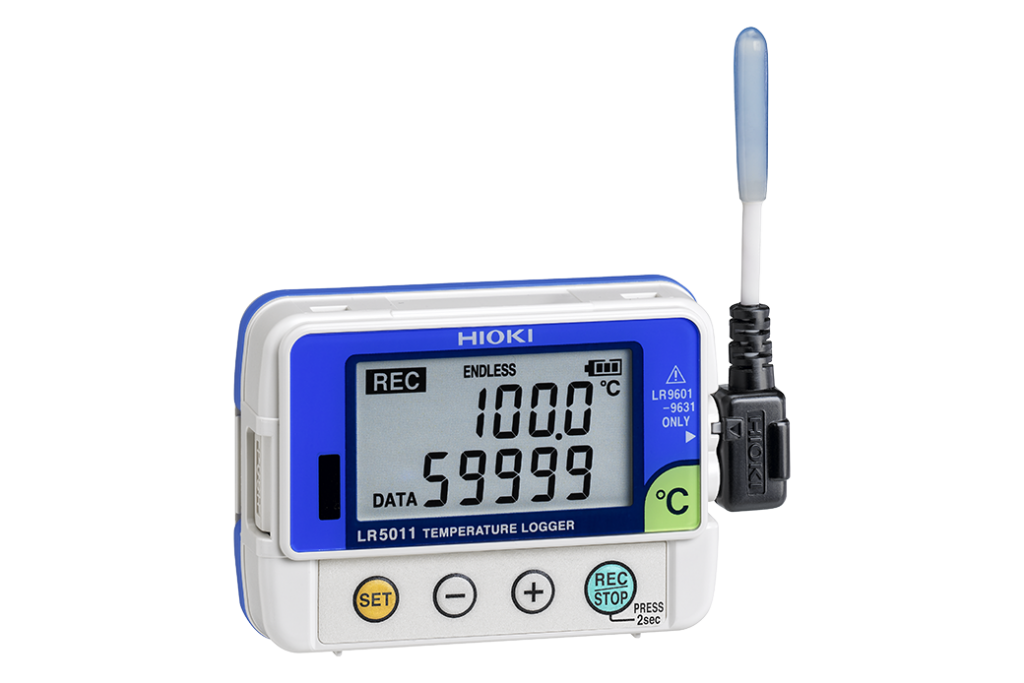
Source: hioki
A few variables related to the volume of data can be stored on the memory of a digital data recorder. The number and amount primarily depend on the power remaining in the batteries and the amount of memory remaining on the microprocessor. The quantity and kinds of data stored also depend on the frequency of the data measurements and whether there is more than one type of environmental condition being tracked.
In other words, if a data logger is programmed to take a temperature reading once every fifteen minutes, it will use less memory over time than if the same data logger is tasked with recording temperature and humidity readings every five minutes. Plus, some styles of data loggers will overwrite the oldest data once the memory is full. Others will just stop taking measurements when the memory reaches capacity.
Conclusion
Digital data loggers are amazing little devices. Battery-operated, portable, and easy to use, they can track various types of environmental conditions, depending on the application. They assist in keeping sensitive materials from spoiling, provide data to verify compliance in strictly regulated industries, and allow for the tracking of specific types of data over different timeframes. With different types of digital data loggers, many types of industries have grown to rely on these tools to keep track of important factors in a much more reliable and accurate way than the analog tools used by humans. A data logger is a must if you have environmental conditions that have to be monitored and tracked in any way.






